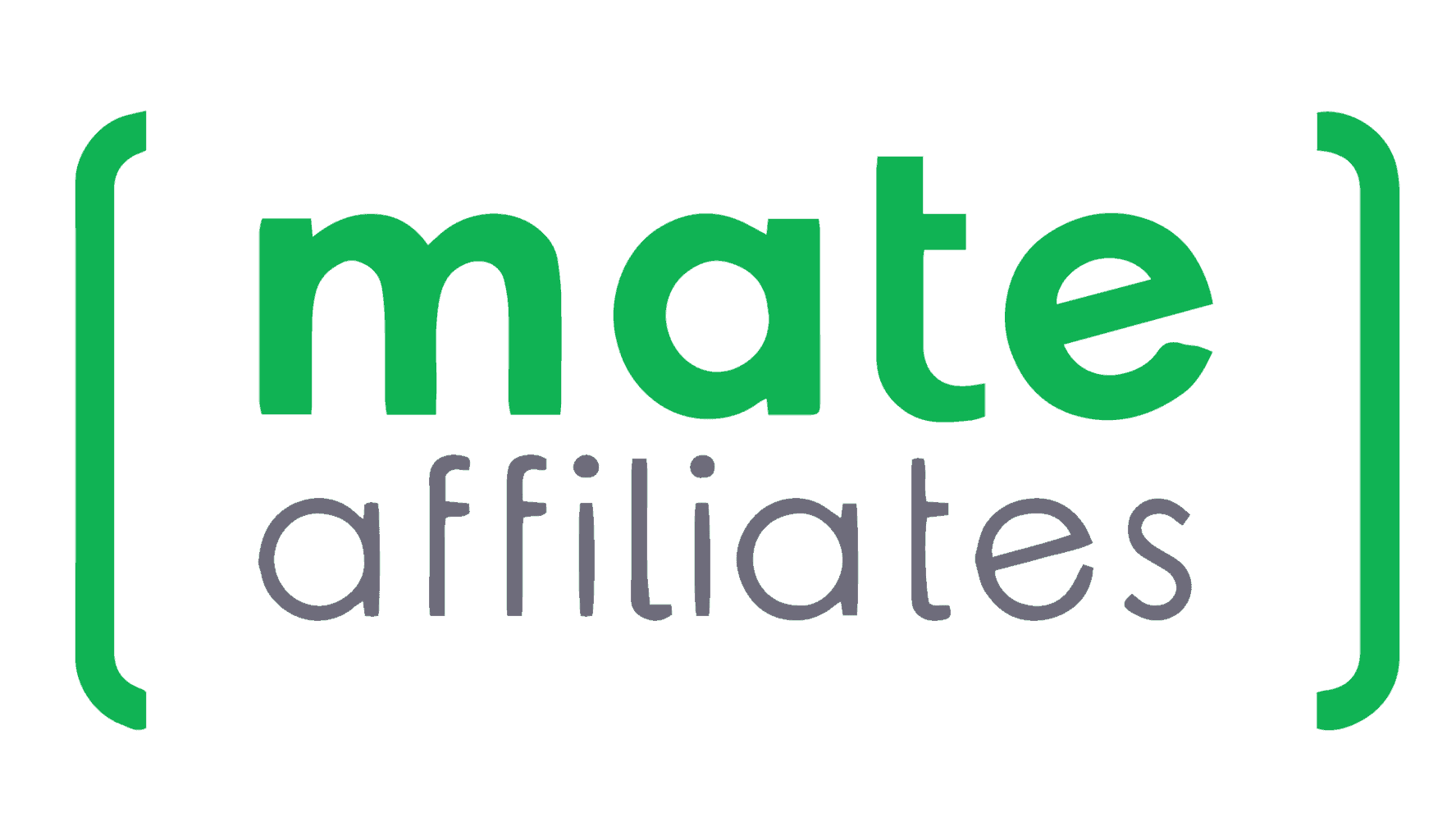Norway is looking for a more united approach to gambling, with the intention of integrating each of its laws into a single regulatory framework.
The Scandinavian country currently has three pieces of gambling legislation, each introduced during the 20th century.
Despite the desires for a more integrated gambling approach, it is understood that the country’s gaming monopolies will remain in place.
Rather than opening up the market to international operators, new laws would aim to remove current incompetencies related to enforcing regulation.
Gambling laws will get stricter
The most recent gambling act introduced in Norway was the 1995 Lottery Act. Three years earlier, the 1992 Gambling Act was implemented. And prior to both of those, the 1927 Totalisator Act had already been in place.
The approach to gambling in Norway is being endorsed by Minister of Culture Abid Raja. There are two Norwegian gaming monopolies: Norsk Tipping and Rikstoto. The former of these provides lottery and gaming services, with Rikstoto the go-to place for horse racing bets.
In addition to the above, Raja will review both operators’ social responsibility and customer care obligations.
Until now, gambling in Norway has been supervised by three separate entities. These are the Lottery Committee and Ministry of Agriculture and Food, as well as the Ministry of Culture.
What else will be assessed?
Raja has mentioned that Lotteritilsyntet, the country’s main gambling regulator, will be strengthened. The body will be responsible for protecting the market and its players from unregulated operators.
Advertising laws will also be analysed. Remote operators will be blocked from accessing marketing verticals, which had previously allowed them to promote themselves in the country.
Problem gambling on the rise in Norway
In May, the University of Bergen published a report looking at gambling behaviours in Norway. They discovered that 1.4% of the country’s population could be defined as “problem gamblers” last year, compared to 0.9% in 2015.
After giving media authority Mediatilsyntet more power to ban unregulated operator ads, Raja said that he hoped this would reduce possible gambling-related harm.
“The (amendment) will reduce the scope of gambling advertising, and may in turn help reduce the number of problem gamblers.
“(Previously) we have not had the necessary tools to enforce the advertising ban on foreign operators. But with this provision, the Media Authority is empowered to impose a duty on internet owners and distributors to prevent access to advertising for illegal gambling.”























